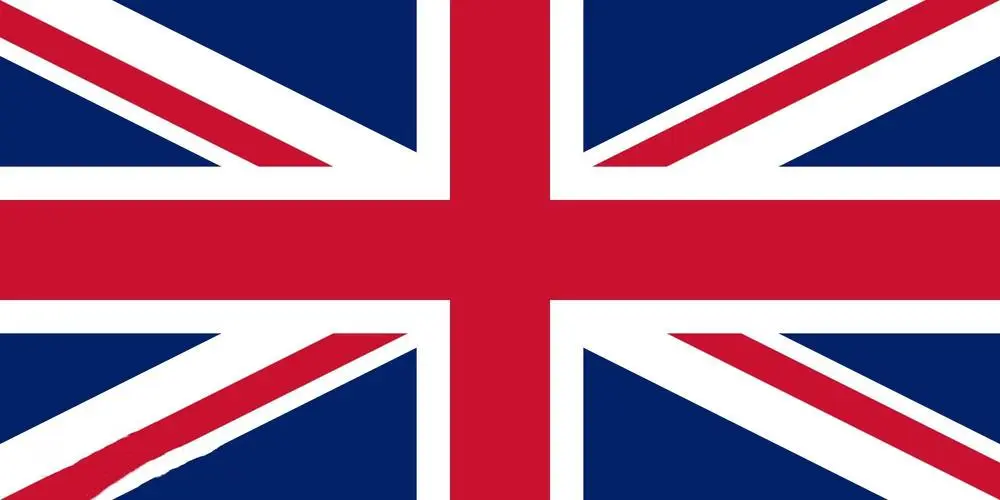Overview of the UK

United Kingdom of Great Britain and Northern Ireland, capital London, land area 244100 square kilometers, population 67.026 million
The United Kingdom, also known as the United Kingdom of Great Britain and Northern Ireland, is located in western Europe and consists of England, Scotland, Wales on the island of Great Britain, and Northern Ireland in the northeast of the island of Ireland. The land area of the UK is 244100 square kilometers (including inland waters), with London as its capital. The geographical coordinates of the United Kingdom are 49 ° N and 59 ° N north latitude, and 2 ° E to 11 ° W east longitude. It is located between the North Atlantic and the North Sea, facing France across the English Channel to the south. Northern Ireland shares a 360 kilometer long border with the Republic of Ireland.
The history of Britain can be traced back to the 1st to 5th centuries AD, when the southeast was under the rule of the Roman Empire. The feudal system began to form in the 7th century and entered the Anglo Saxon era in 829. In 1066, Duke William of Normandy crossed the sea and conquered England, establishing the Normandy dynasty. In 1688, the Glorious Revolution occurred and established a constitutional monarchy. In 1707, England merged with Scotland, and in 1801, England merged with Ireland. From the 1860s to the 1830s, Britain became the first country in the world to complete the Industrial Revolution.
Britain is a constitutional monarchy, with the Queen or King as the head of state, but actual political power is held by the Prime Minister and Parliament. The UK is a Commonwealth Head of State, a member of the G7, a founding member of the North Atlantic Treaty Organization, and one of the five permanent members of the United Nations Security Council.
The British economy mainly includes the following aspects:
Economic scale and status: The UK is the sixth largest economy in the world, and also one of the wealthiest, most developed, and highest standard of living countries in the world. The service industry, finance industry, and manufacturing industry are the pillar industries of the British economy, especially the banking, finance, shipping, insurance, and business services industries, which are leading in the world. The capital city of London is also one of the world's top financial, shipping, and service centers.
Main industries:
Service industry: The service industry accounts for the largest proportion of the UK GDP, especially the banking, finance, shipping, insurance, and business services industries. London, as an important global financial center, has attracted a large number of international enterprises and investments.
Manufacturing: Despite the decline in the importance of industry, the UK remains the largest producer of military weapons, petroleum products, computers, televisions, and mobile phones in Europe.
Economic policy: In recent years, the UK government has reduced state-owned assets and slowed down the development of social welfare programs. These policy changes have had a certain impact on the long-term development of the UK economy.
Latest economic data: In 2024, the UK economy is gradually emerging from a technical recession, inflationary pressures have eased, and the trade deficit is also improving. Despite this, the labor market has performed poorly, with wages and interest rates still at high levels, which poses a drag on further economic recovery. In addition, the International Monetary Fund (IMF) has raised its forecast for UK economic growth to 1.1% in 2024 and expects it to grow by 1.5% in 2025.
In summary, the UK economy is dominated by the service and financial industries, with a certain scale in manufacturing, but facing issues such as labor market and wage pressures. The latest economic data indicates that the UK economy is gradually recovering, but the outlook remains unstable.

